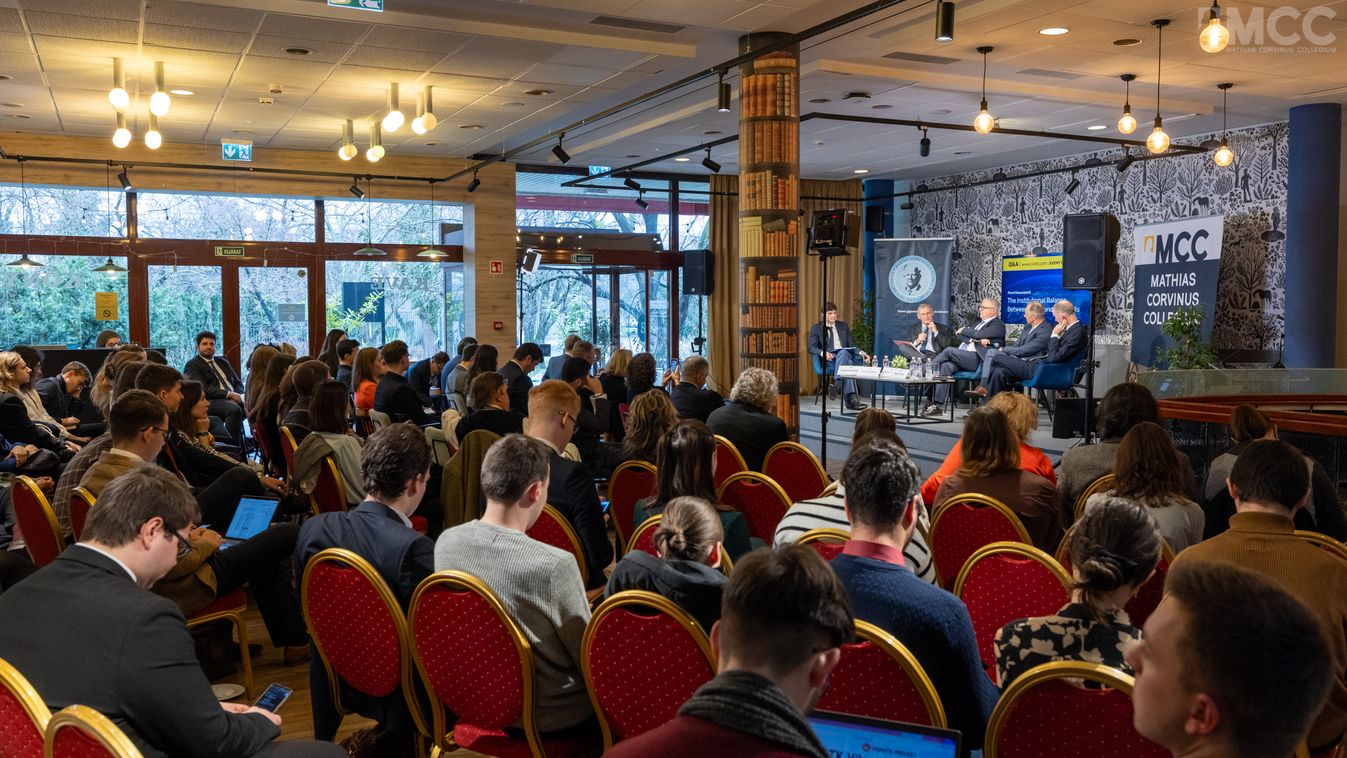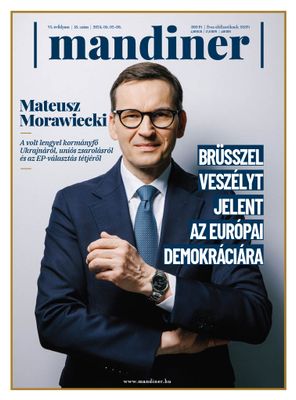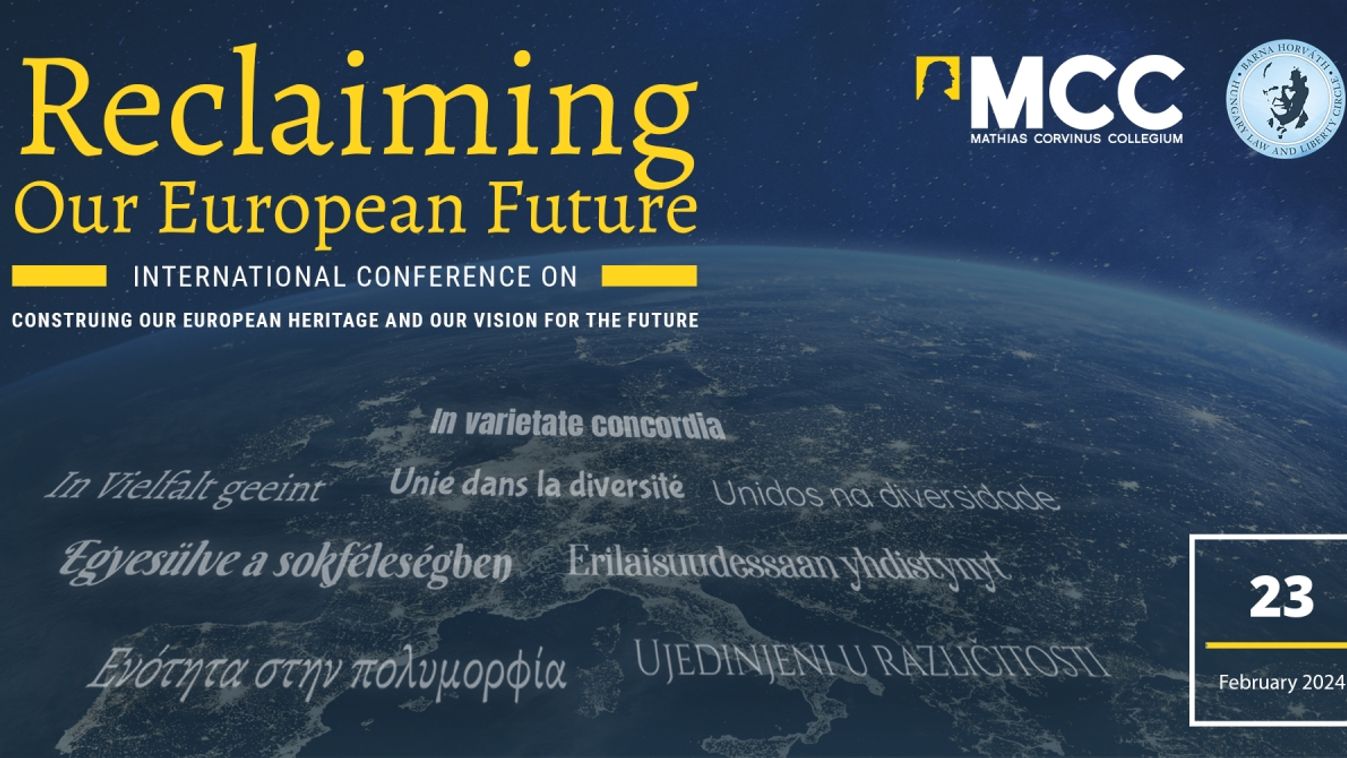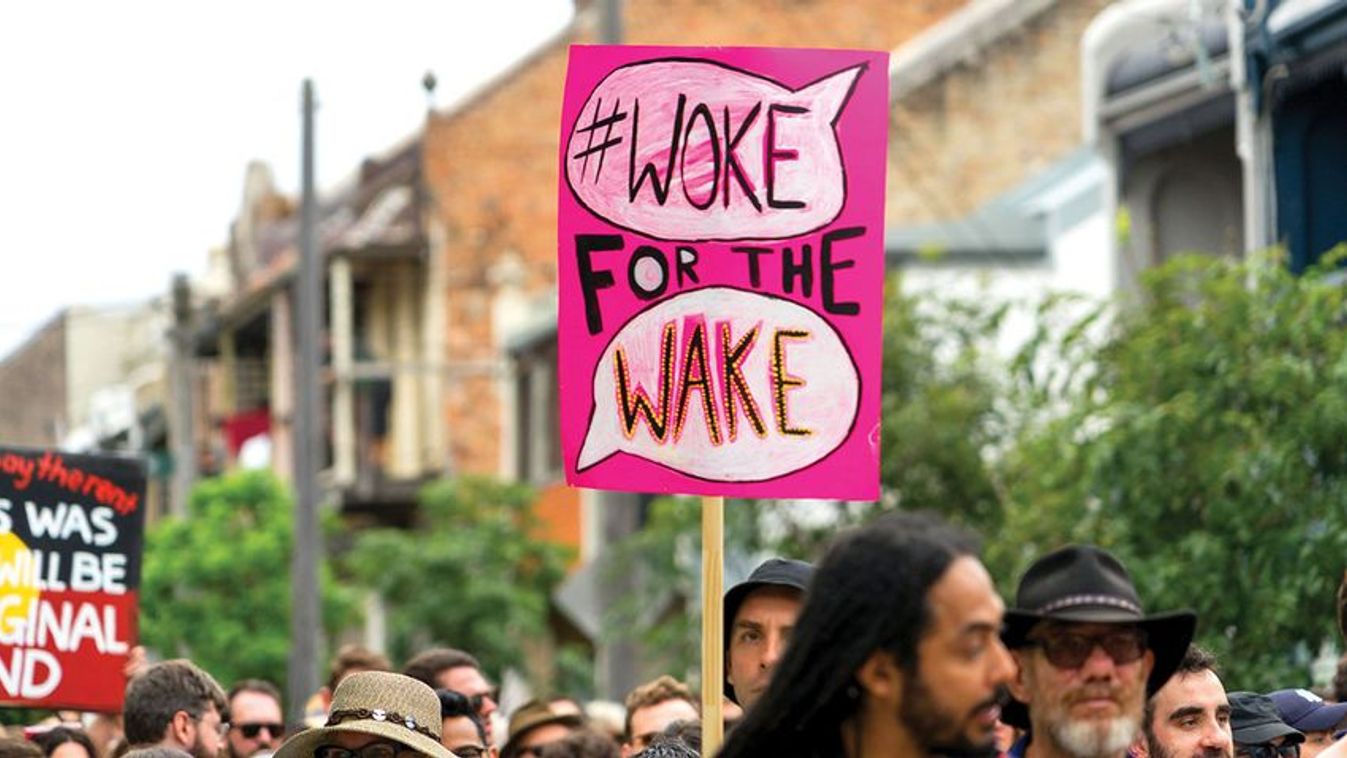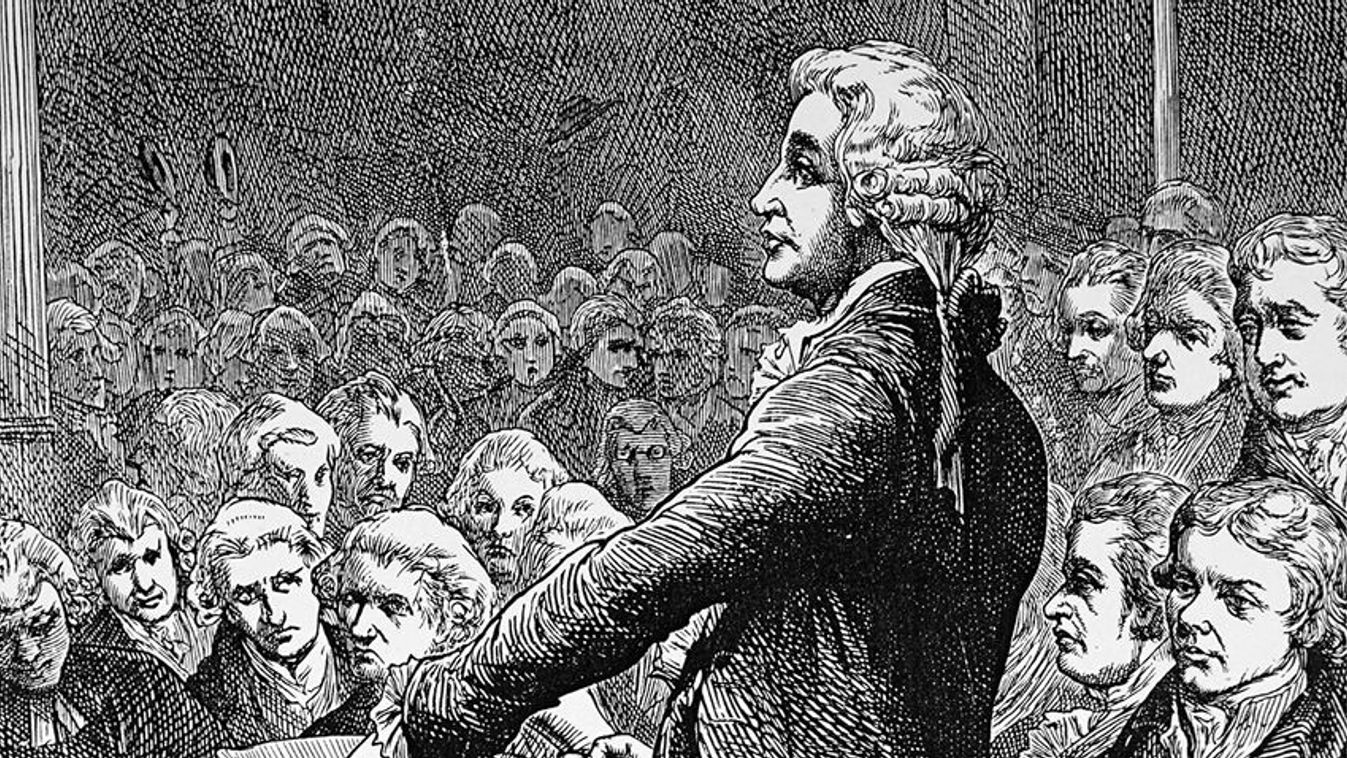William VOEGELI is senior editor of the Claremont Review of Booksand author of two books: Never Enough: America’s Limitless Welfare State (Encounter, 2010); and The Pity Party: A Mean-Spirited Diatribe Against Liberal Compassion (Broadside, 2014). After receiving a doctorate in political science from Loyola University in Chicago he was a program officer for the John M. Olin Foundation. In 2016 Voegeli was the William E. Simon Visiting Professor at Pepperdine University’s School of Public Policy.
In your recently published article, titled “You’re Fired!”, you made an attempt to understand the cause why President Trump lost the 2020 election. Can you tell us what your major conclusions are?
I believe that Donald Trump would have secured a second term if the presidential election had been held in November 2019. The economy was strong, the Democrats’ first attempt to impeach him intensified the dislike of voters who already were against Trump, but hadn’t changed the minds of many others. However, an election in November 2020, after a year of pandemic and racial turmoil, presented a set of circumstances that Trump was not skilled or disciplined enough to overcome. He never had high approval ratings, even when things were going well in the country, and never did much to reach beyond his base, the 46.9% of the electorate who supported him in 2016. That combination of bad luck and political malpractice was too much for Trump to overcome.
Why are you suggesting in this article that the era of President Reagan was a more fortunate era than that of President Trump?
Most of the bad stuff in Reagan’s first term, especially a sharp recession, happened in the first three years. Things were going much better in 1984, when Reagan ran for a second term. For Trump it was just the opposite: the bad stuff happened in 2020, just as he was campaigning for reelection.
What, in your view, are the most decisive legacies of President Trump along with the movement of Donald Trump?
It’s too soon to tell which Trump policies will endure and which will be reversed by President Biden and the Democrats. In terms of electoral politics, the Trump years suggest that:
the raw material exists for the Republican Party to form a majority coalition;
forging it will take political skills at least as great as the ones Franklin Roosevelt demonstrated in holding together the disparate New Deal coalition; and Trump himself did not possess those skills; although he did bring culturally conservative voters from rural areas, the exurbs, a non-trivial number of blacks, and a significant number of Hispanics into the GOP, or at least made them GOP-adjacent.
Is there a future role of this movement in American politics? If so, under what conditions can this movement prevail and flourish?
The most important question in politics is: Compared to what?
Trumpism, as a set of ideas, preferences, and aversions has become the alternative to the social justice Left, which has radicalized the Democratic Party over the past decade.
Democrats did worse than they expected on Election Day—losing Senate races they hoped to win, losing House seats when they expected to gain, losing state legislative races that will be critical for redistricting this year, losing ballot propositions even in heavily Democratic California—and the rhetoric about “defunding” the police appears to have made Democratic candidates especially vulnerable. If the “woke” Left continues to gain power within the Democratic coalition, then Trumpism will continue to grow as a force within the Republican coalition and in the country more generally. If Democrats repudiate or restrain the social justice Left, then it will be harder for Trumpism to get traction.
And if you compare this movement to other forces in the Republican Party? How influential could the movement of Trump – which by the way has similar set of ideas to the late 19th century Republican Party – remain in the years to come?
I try to avoid making predictions. It’s hard enough to explain things that have already occurred. Trumpism could remain potent within the Republican Party. Whether it does will depend on the quality of leaders that emerge, the ideas and forces prevalent within the opposing Democratic Party, and other variables so far around the corner that we can’t even name them in 2021, much less predict how they’ll affect politics over the next decade or two.
The past decades as well as the current events in the US show a deep divide in the country. How in your view does this divide reflect a rift in terms of the American Constitution as well as of the values of the American Constitution?
The Constitution, as the operating manual for the American state, presupposes the existence of the American nation. The first words of the Declaration of Independence say that it had become necessary, by 1776, for one people, the Americans, to sever the political bonds that had connected them to another, the British. But this nation-state is not a viable proposition if the nation itself no longer coheres, and if people do not have the sense that, whatever our political or cultural differences, the thing that matters is that at the end of the day we are all Americans.
No constitution, however well constructed, can work if the people who are on the losing side of an election feel like they are being governed by an occupying army rather than political adversaries.
This, however, is the attitude many Democrats had after 2016, and many Republicans have after 2020.
Despite these sharp divisions, is there a unique American way of life? If so, what values could be considered as integral parts of this life? How could American find its way back to this unique way of life?
A diverse people occupying a continental nation has made things work for two centuries by a strong disposition to live and let live. The elements uniting the country were more limited than in most European nations. The U.S. has never had a national church, was adept at assimilating people from around the world, and relied heavily on a creed based on individual rights and responsibility. Self-interest, well understood was as powerful under Reagan as it had been when it struck Tocqueville as America’s defining feature in the 1830s. Whether these centripetal forces will continue to be sufficient to hold the country together is one of the hardest questions America will face in the 21st century.
Let’s turn to Europe where the challenges do not seem to be less significant. Europe went through a decade-long crisis period throughout the 2010s and the EU lost one of its strategically and economically important Member States. Let alone Brexit, there are still many visible cracks in the EU. How do you see these cracks from overseas?
In 1858 Abraham Lincoln said: “A house divided against itself cannot stand. I believe this government cannot endure, permanently half slave and half free. I do not expect the Union to be dissolved—I do not expect the house to fall—but I do expect it will cease to be divided. It will become all one thing or all the other.” My impression of the European Union is similar. Its rationale posits the existence of a “common destiny and the wish to affirm the European identity,” which results in a “commitment to progress towards an ever closer union among the peoples and Member States of the European Community.” An ever closer union ultimately means a single European state governing a single European people. I don’t know whether this is the reality now, or a reality that is coming into view. Do Germans, Hungarians, and Spaniards feel like they are Germans, Hungarians, and Spaniards first, and Europeans only second? Or do they feel their continental identity is increasingly important and their national identity increasingly unimportant and vestigial? Brexit is best understood as a narrow majority of the British people asserting that their national identity was more important than their European identity. I don’t know how this story will end because I don’t know what sentiments and sensibilities the people throughout Europe harbor. But I do think it will have to be resolved one way or another.
Europe cannot endure, permanently half national and half supra-national.
You mentioned in this article that nationalism and populism have some political successes in certain European countries. What potential role do they have in shaping the future of the continent?
Our Declaration says that governments derive their just powers from the consent of the governed. Populism is an affirmation of this principle, and a rejection of the alternative claim that governments derive their just powers from the expertise of the experts.
Populism fuses with nationalism when, as in Europe, the experts exercising government power are not just beyond the reach of popular consent, but beyond any nation’s borders.
In these circumstances, populism becomes a movement of the Somewheres against the Anywheres, in David Goodheart’s formulation.
